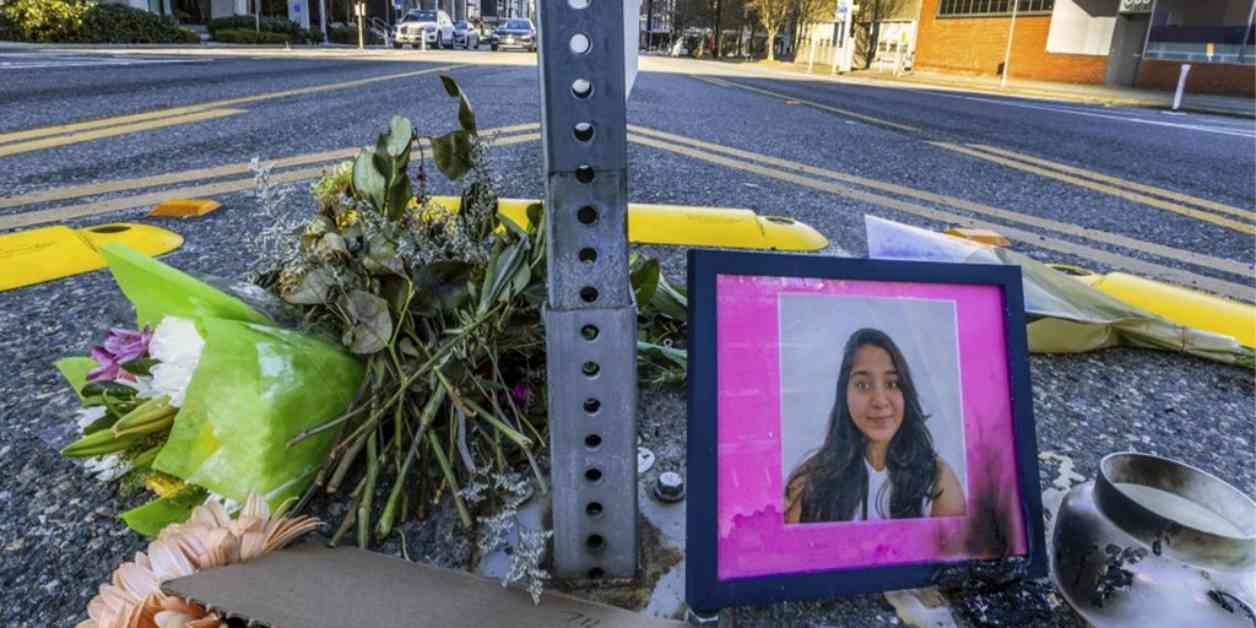A Seattle police officer, Daniel Auderer, was terminated and is now seeking $20 million in a wrongful termination claim against the city of Seattle. The termination came after bodycam footage showed Auderer making what appeared to be insensitive remarks and laughing following the death of a 23-year-old student, Jaahnavi Kandula, who was struck and killed by a patrol car.
In his complaint, Auderer alleges harm to his personal reputation, wrongful termination, and mental pain and suffering. He also claims lost wages of $200,000 per year. He argues that his comments were taken out of context and that false information was leaked concerning disciplinary proceedings and his personal information by the Seattle Police Department.
Auderer also claims that his termination was retaliatory due to his leadership role in the Seattle Police Officers Guild. However, Seattle interim police Chief Sue Rahr defended her decision to terminate Auderer, stating that his actions brought shame upon the Seattle Police Department and the entire profession, making the job of every police officer more difficult.
The incident involving the death of Jaahnavi Kandula occurred when a Seattle police car driven by another officer struck her in a crosswalk. In the body camera footage, Auderer is heard referring to Kandula as “a regular person” and making insensitive remarks about her value.
The case has sparked controversy and raised questions about the accountability and behavior of police officers. The lawsuit filed by Auderer highlights the complex issues surrounding police conduct and the consequences of their actions. It also sheds light on the challenges faced by law enforcement agencies in maintaining public trust and upholding the integrity of the profession.
The wrongful termination claim and the subsequent legal battle between Auderer and the city of Seattle underscore the importance of transparency, accountability, and ethical standards in law enforcement. The case serves as a reminder of the need for proper training, supervision, and oversight to prevent misconduct and ensure that officers uphold the values of justice, fairness, and respect in their interactions with the public.
As the lawsuit unfolds and more details emerge, it will be crucial to examine the broader implications of the case for police-community relations, accountability mechanisms, and the overall reform efforts within law enforcement agencies. The outcome of the legal proceedings will have significant implications for the future of policing in Seattle and beyond.
